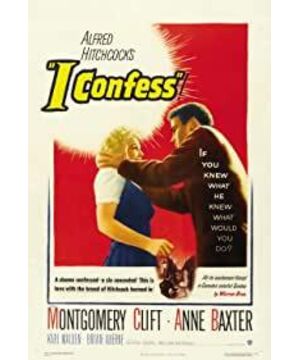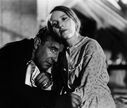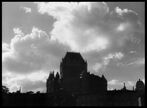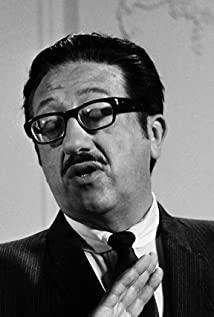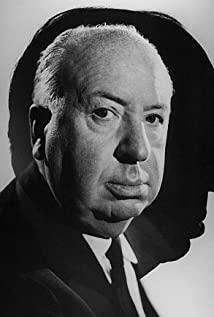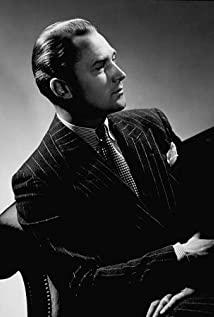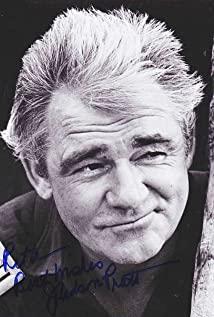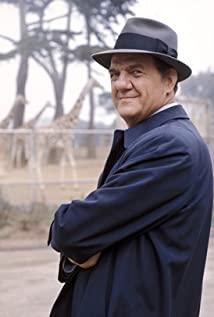Father Logan is undoubtedly the focus of the film. As a priest, he was able to know the truth of the case-the murderer hoped to obtain psychological comfort by confessing to the priest. Whether the priest himself denounces the murderer is only a doctrinal question at this time—it is nothing more than whether the priest values the doctrine or the law more—at this time, the priest chooses the doctrine. But when later, due to various coincidences, the priest became the prime suspect, or even prosecuted, facing the possible death penalty, the priest faced the choice between doctrine and life-at this time, the priest still chose doctrine. This shows the priest's firm belief in his religion.
In the film, Hitchcock continues to increase the pressure on the priest-the priest knows the truth of the case from the murderer's confession; the priest himself is suspected and monitored by the police; the priest is prosecuted-increasing pressure constantly impacts The priest’s nerves: do you choose the doctrine of your faith, or your own safety? Through this constant pressure, through the constant intensification of this contradiction and conflict, the image of Father Logan as a competent priest has been fully highlighted and sublimated. Hitchcock succeeded in highlighting the character of the protagonist Father Logan through this method of intensifying the contradictions. This technique is just right used by Hitchcock, and I am afraid that many directors now are beyond the reach.
View more about I Confess reviews


